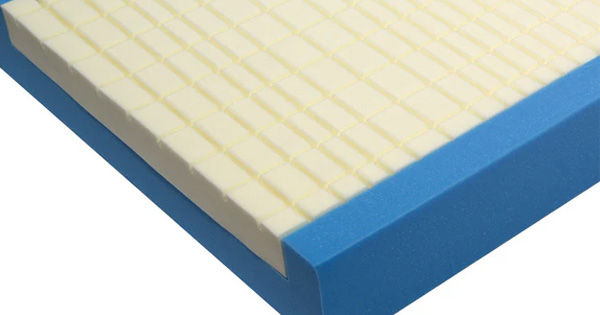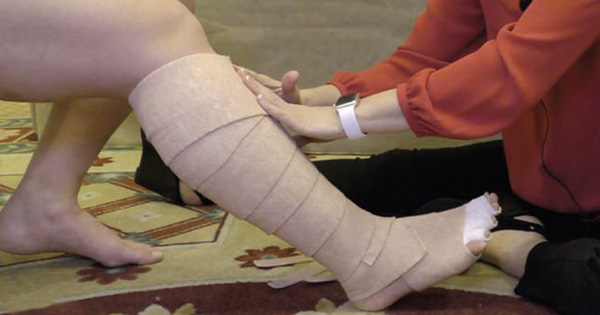Background: Dressing changes during the management of chronic wounds are often associated with pain, yet little qualitative research has been completed to gain an understanding of the impact of this on patients.
Aims: This study aimed to involve patients in discussions about their wound pain in order to inform the development of a questionnaire based on their views.
Methods: A purposeful sample of six participants with chronic venous ulceration was recruited to take part in a focus group discussion about pain. Free-flowing conversation was encouraged so that participants could discuss issues that were important to them.
Results: The participants described two distinct types of pain — acute and constant. The impact of pain on everyday life led to isolation, loss of independence and sleep deprivation. The participants described a tendency towards habitual behaviour that led to a sense of vulnerability in the clinical environment. Cooling of the surrounding skin, having a support network and the use of medication were perceived to improve the experience.
Conclusions: It is clear that living with a chronic wound has a huge impact on a person’s life. Healing is often a lengthy and uncomfortable process, yet the issue of patients’ perceptions of pain is still an area in which relatively little research has been conducted.
Conflict of interest: This work is supported by an unrestricted educational grant from Mölnlycke Health Care.






